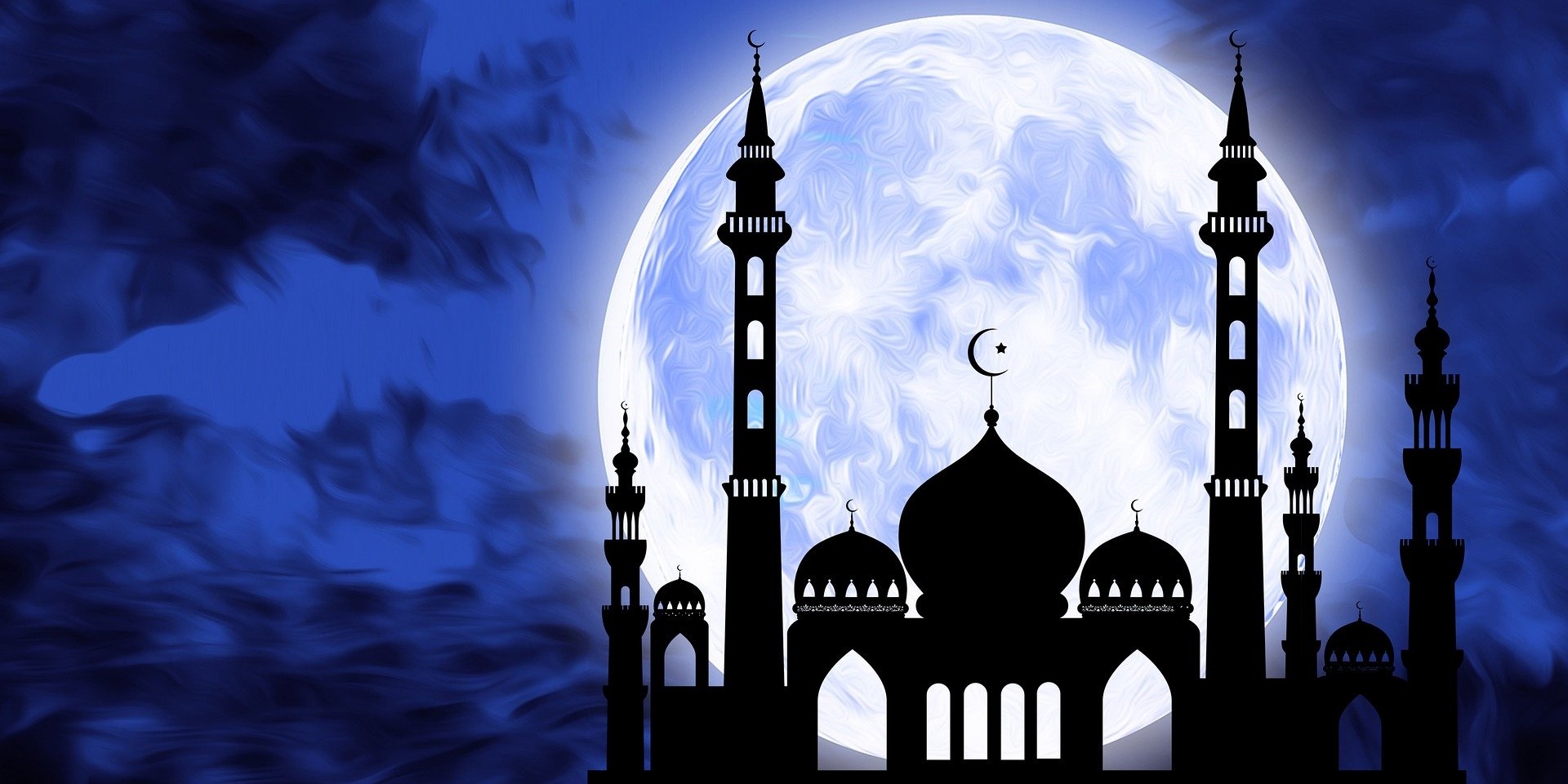
Dr Areej Benafif MBBS, BSc, EADTM&H, MRCP, is an ST6 registrar at Barnet Hospital specialising in Geriatrics and General Internal Medicine. She graduated in 2009 from Kings College, London.
The month of Ramadan has passed relatively quickly. I have spent some long days at work and at home being rather hungry and thirsty. I have been fasting for around 17hrs a day and am eager now to return to being able to eat and drink during daylight hours. I am looking forward to re-joining my colleagues for lunch or a coffee and to having more energy when running after my children.
This Ramadan has been a quiet one and this has allowed me to reflect on what is truly important to me. The health and wellbeing of my family and friends is top of the list by far. The BBC aired a programme called ‘Hospital’, which was filmed at the Royal Free and Barnet Hospital, where I work. I was on a night shift when it aired and many of my colleagues featured in it. Our night shift started off quietly so as a team we were able to watch the show together excitedly. It really did give a true representation of what the early COVID-19 days looked like and I felt very proud of my colleagues. It also brought back the memories of how hard those days were. The programme and its reality provoked flashbacks of the emotions experienced during that time not just for me but also for those watching the programme with me.
I am glad to say since the start of Ramadan the situation has eased at our hospital. The number of attendees to A+E is at a record low at Barnet and the number of suspected COVID-19 patients has dropped significantly. Initially, the reduction in numbers of patients being admitted was very much welcomed; however, we have also questioned what has happened to the additional patients we would usually expect to see. I have seen patients presenting much later with medical problems, who have put off coming to hospital due to the fear of picking up COVID-19; with some, the delay has put their lives at risk and complicated their conditions. I had a patient who had experienced 2 days of chest pain and finally walked into A+E to be seen, only to have a cardiac arrest within 30 minutes of being in the department. Luckily, on this occasion the patient survived.
The past 3 months have brought us together much more. I have got to know more of my colleagues from the juniors to the consultants. The sense of teamwork has been amazing, with everyone helping and supporting each other where they can.
I am now very much looking forward to Eid. Eid Al-Fitr is the first of two Eids celebrated by Muslims around the World. It is the 'smaller' Eid but is much anticipated as it signifies the end of fasting. It is an exciting time where once again families and friends meet and celebrate for 3 days, exchanging gifts, wearing new clothes, meeting up and eating plenty. It starts with a morning Eid prayer and the celebrations go on from there.
Due to COVID-19 the mosques remain closed for worship and this will be the first year I have not attended the morning Eid prayer with my family in a very long time. In previous years, following the Eid prayer our family tradition is to have a large elaborate breakfast, which unfortunately will be on a much smaller scale this year. Despite the understandable restrictions I am eager to make Eid a joyous occasion for my children and make an attempt for them to see their beloved grandparents and auntie, even if from a safe distance. As we have recently become accustomed, we will make the best of our present situation and find new ways to celebrate and count our blessings.